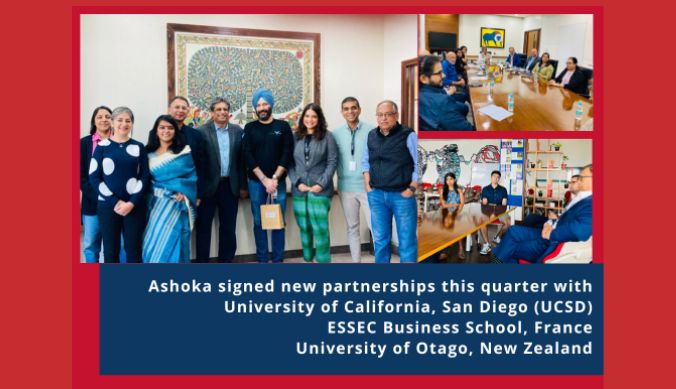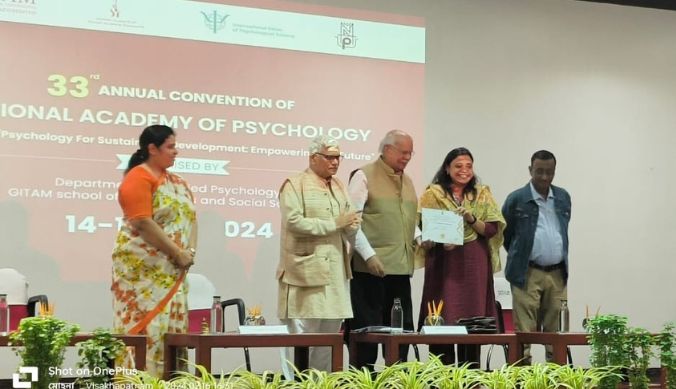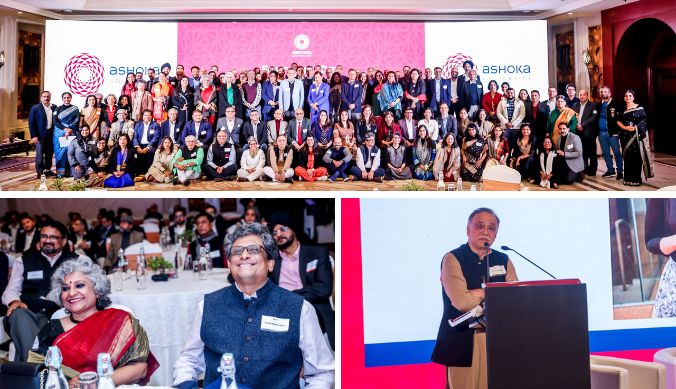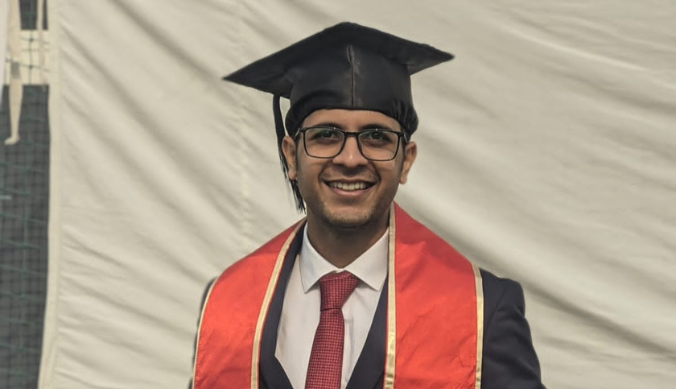How 3CS Media Fellowship is supporting climate journalism from the margins
Over the next decade, the Centre for Climate Change and Sustainability (3CS) at Ashoka University aims to support over 150 journalists and create a repository of at least 750 stories that will shape the climate change conversation in India, writes Keshav Suryanarayanan
If field reporters had adequate time and resources, what journalistic stories would they choose that could best help inform public debate on climate change? How does climate change affect the daily lives of the most disadvantaged? How will it impact the life, wellbeing, and livelihood of marginalised communities in the long term? The 3CS Media Fellowship was created to directly support journalists from underserved communities to cover such stories.
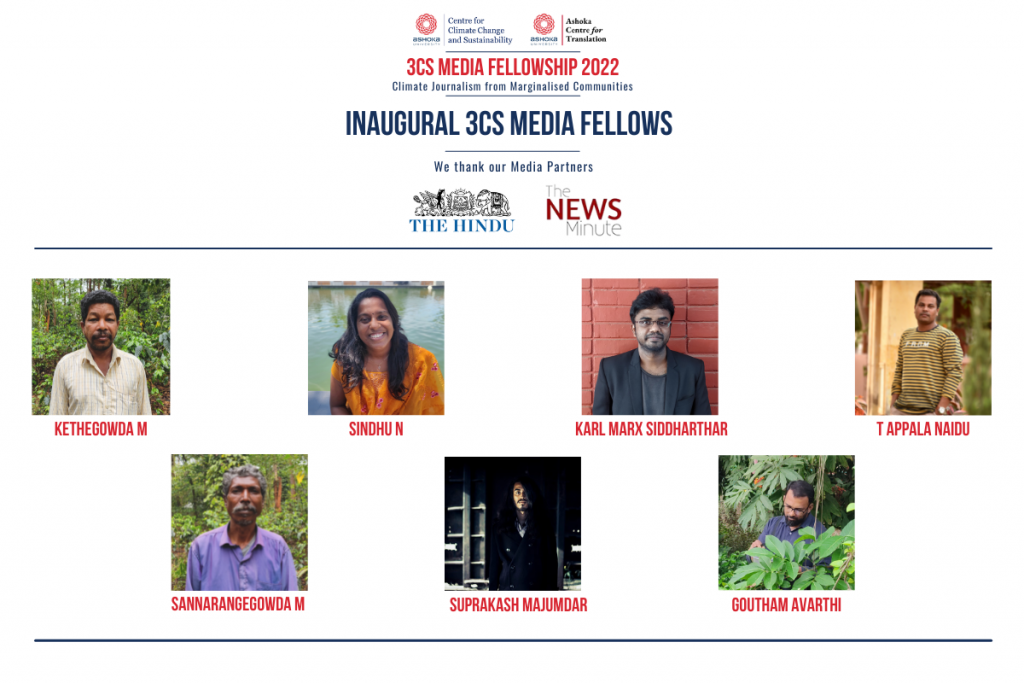
Why climate journalism from the margins?
For the media to present complex stories that explore different perspectives and voices, it is critical to ensure that newsrooms include people from all parts of the society, including those who have long been denied a seat at the table. A 2019 report by Oxfam India and Newslaundry on the representation of marginalised caste groups in Indian newsrooms provides substantial evidence that vast sections of India’s marginalised caste groups lack access to the media platforms and discourses that shape public opinion, leading to their invisibilisation.
Further, while all of us will face the impacts of climate change, existing social inequalities exacerbate the impacts for those who are already marginalised. While having contributed the least to climate change, they often suffer the brunt of its most extreme consequences. Their lack of representation in the media also affects the extent and nature of reportage covering these issues. The 3CS Media Fellowship focuses on supporting journalists from marginalised communities to help address these issues.
The inaugural edition of the Fellowship in 2022 focuses on original reportage done for and by those in the climate change frontlines in peninsular India — journalists reporting in English or any of the languages from Karnataka, Kerala, Tamil Nadu, Andhra Pradesh, Telangana, and the Union Territories of Pondicherry, Lakshadweep, and Andaman & Nicobar Islands. Adivasi and Dalit journalists were given priority.
Building the right partnerships
3CS will co-host this programme with the Ashoka Centre for Translation (ACT), and this project plays on our strengths in communication and translation. While 3CS will anchor this programme, ACT will support the translation of the Fellowship brief, proposals from candidates, and their final stories to ensure the stories reach a wider audience.
We have also identified print and digital media partners to ensure the subsequent publication and dissemination of the reportage by the Fellows. For the inaugural edition, we have partnered with The Hindu and The NewsMinute, to ensure a wider reach through both print and digital channels across southern India.
The selection process
Each application had a list of five story ideas for original climate change reportage focused clearly on a location from the point of view of those whose voices are less heard. This is framed either as a series of five interrelated or as separate stories. During the Fellowship period, each Fellow will work on their five stories. Eventually, they will be published as 1000-word articles or 3-5-minute videos.
We formed a core Fellowship Committee — with one representative from each media partner, and one member from 3CS — which will be the decision making body on the selection of Fellows and the evaluation of their final stories before publication.
The Committee selected the final set of Fellows after a detailed assessment of their story ideas, their previously published work, and their professional and personal background. For the final selection, regional balance was also taken into account. They will be given a fellowship grant of Rs. 4,00,000 to work on their stories over the next eight months. 3CS will also work with the media partners to organise a capacity building workshop for the selected Fellows on various relevant topics, based on an assessment of their requirements.
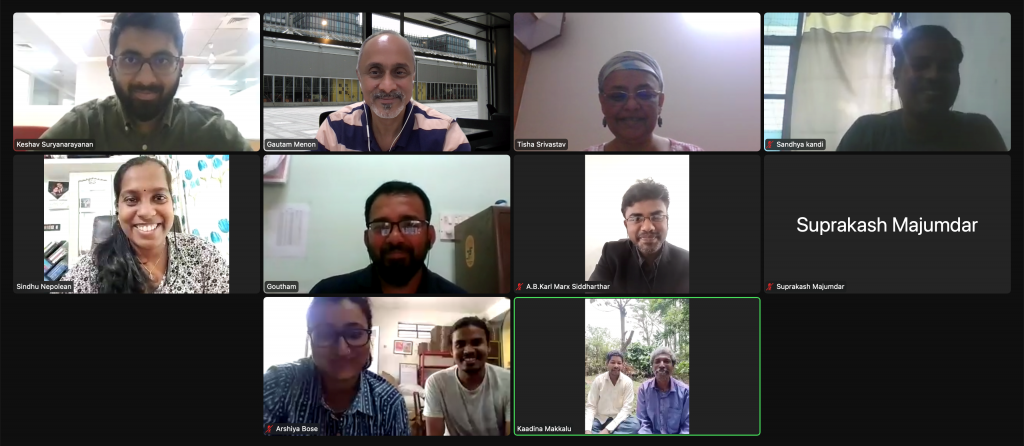
Long-term vision
The response we have received for the inaugural 2022 edition of the Fellowship indicates that there are a large number of talented journalists and writers who were aligned with the aims of the Fellowship. We received more good applications than we could fund and we anticipate that our reach will increase several-fold by the time we reach the next edition.
In subsequent editions, we plan to scale up the Fellowship to increase the number of Fellowships each year and cover multiple geographies across India. The long-term vision of the Fellowship is to create a repository of stories and a nationwide network of journalists who can report on the impact of climate change across India, specifically addressing its disproportionate impact on marginalised communities.
(Keshav Suryanarayanan manages the Centre for Climate Change and Sustainability (3CS) and is a Young India Fellow from the batch of 2018.)








